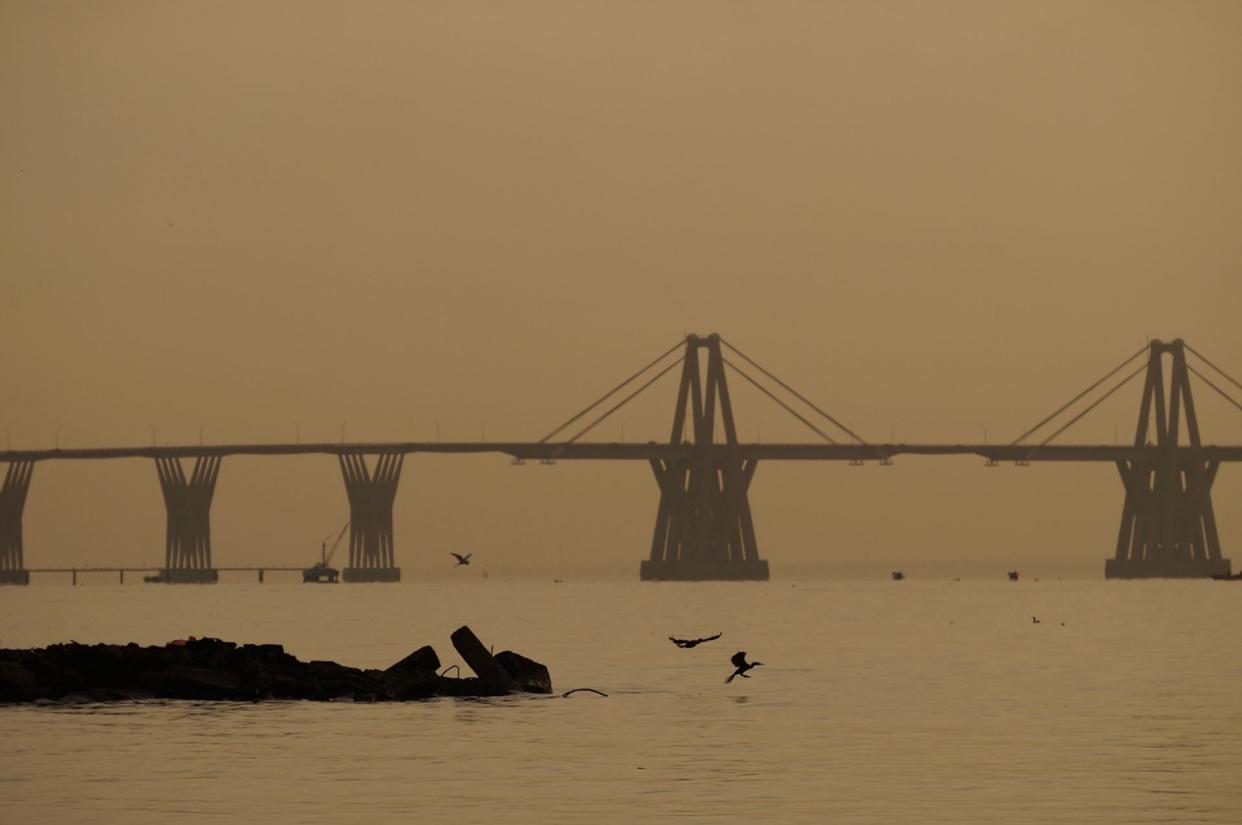Thousands of people donated their hair to clean a lake contaminated with oil: ‘It seemed like a crazy idea’

Lake Maracaibo, a large lake in Venezuela located 372 miles west of the capital of Caracas, has been described by environmentalists as a “polluted wasteland” due to decades of oil leaks, fertilizer runoff, sewage, and chemical dumps. But some Venezuelans are not ready to write Lake Maracaibo off and are donating one abundant, renewable resource to help clean it up: their own hair.
The effort to clean up Lake Maracaibo is being led by a 28-year-old environmental activist named Selene Estrach. Estrach founded an organization called Proyecto Sirena (translation: Project Mermaid) that is currently soliciting human hair donations and plans to put all that hair into use later this month.
Although it may sound strange, using hair to clean up oil spills is actually an established practice. Known as “hair recycling,” the process involves making “hair booms” — long tubes of cotton or nylon packed tightly with hair trimmings that float on the surface of the water. The Washington Post viscerally described these devices as “essentially … floating hair sausages.”
Since hair can hold up to five times its weight in oil, the hair booms absorb and contain any oil on the surface of the water, which can then be easily removed and disposed of.
This is an improvement over more common products used to clean oil spills, which involve polypropylene, a type of plastic itself derived from crude oil. This substance can release microplastics into the water, bringing a whole new set of problems along with it.
According to Estrach, she and her team have already received thousands of people’s hair and even fur from some people’s dogs. She told The Post she expects two pounds of hair to be able to soak up between 11 to 17 pounds of oil, allowing Proyecto Sirena to take the important first steps of rehabilitating this long-abused lake.
“It seemed like a crazy idea, but I always like to think that everything’s possible,” Estrach told The Post.
Join our free newsletter for cool news and cool tips that make it easy to help yourself while helping the planet.

